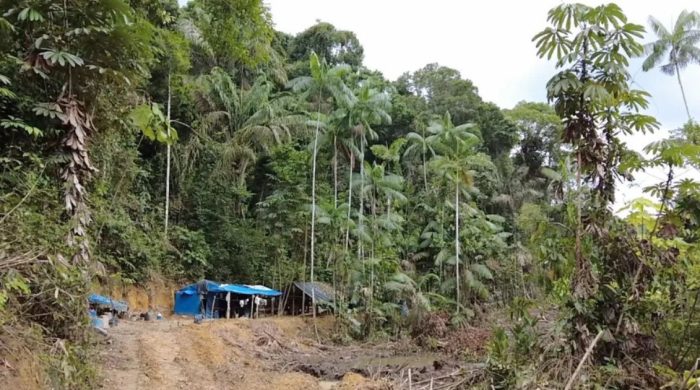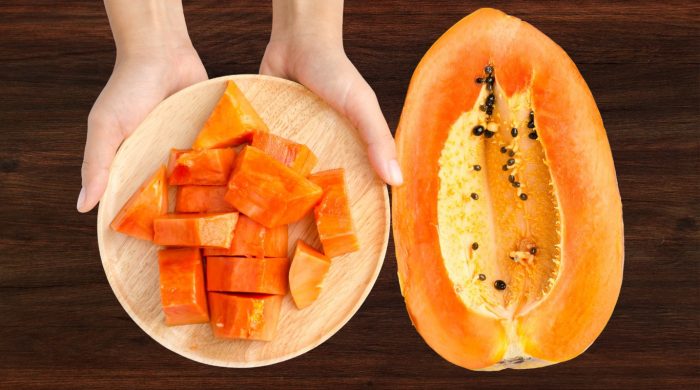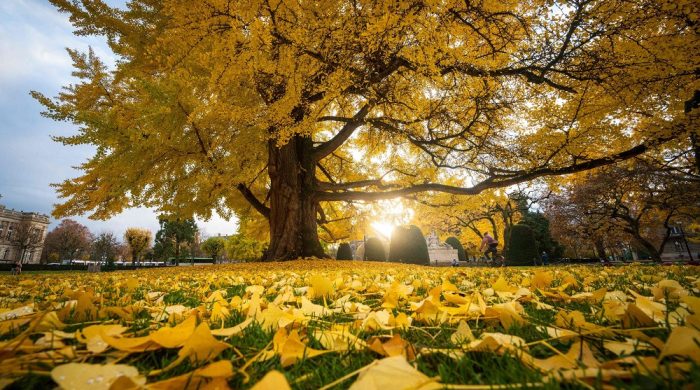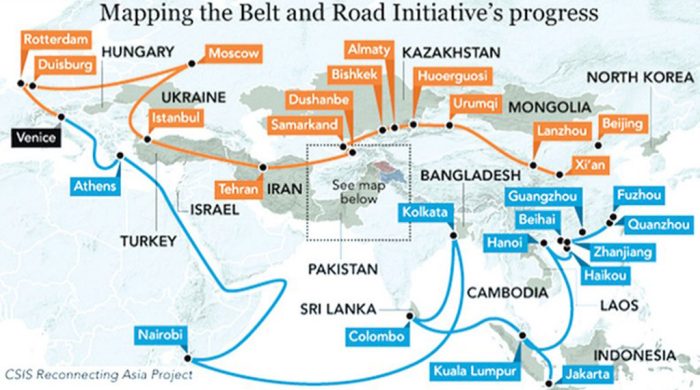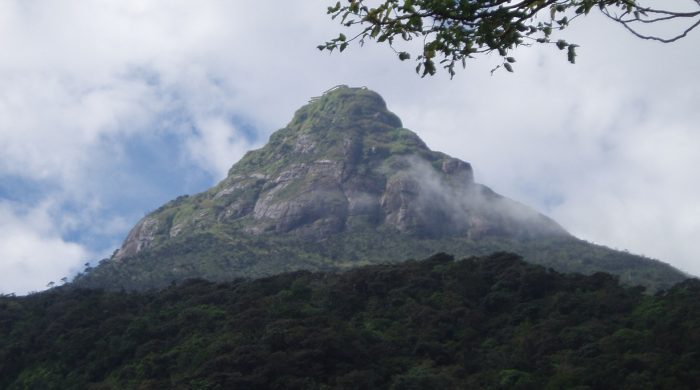Shab-e-Barat: Tradition of fancy bread prolongs

- Update Time : Sunday, February 25, 2024
- 61 Time View
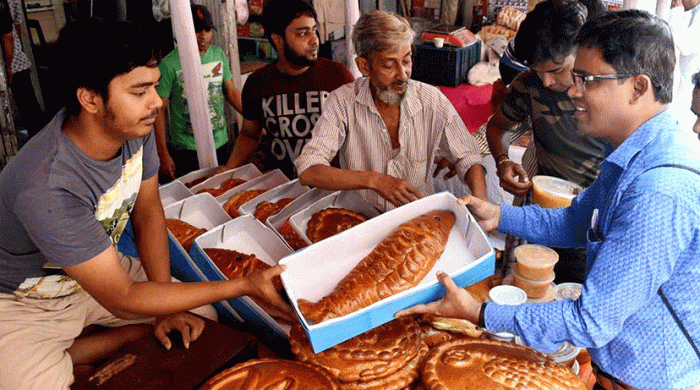
The Lailatul Barat, popularly known as Shab-e-Barat, is considered as one of the significant nights on the Islamic Calendar. A big portion of the Muslims believes that the Almighty Allah descends from the Arsh-e-Azim and forgives the sins of devotees in this night. For that reason, Muslims pray all through the night to gain the Almighty’s forgiveness and fast the next day.
On the other hand, some Islamic scholars said that the celebration of Shab-e-Barat is a Bid’ah and there is no celebration in Sha’ban and there is no special act of worship to be performed in mid-Sha’ban or during the last days of the month.
In-between the Sunnah and Bid’ah, the night of Shab-e-Barat is considered as an occasion of celebration in Bangladesh. Sweet shops and bakeries of Old Dhaka arrange special items while people distribute bread and sweetmeat door to door and destitute.
The bakeries and confectioneries of Old Dhaka always do their part to join the celebration arranging fluffy decorative pieces of bread for the city dwellers. At the bakeries, mounds of flour are being made into dough and layered or shaped in mounds of fish and crocodiles, and shapes like circles, triangles, and rectangles.
To have the taste of Old Dhaka’s sweets, people throughout the capital visit this part of city. On the occasion, the people usually make it a point to come the narrow lanes of Nazimuddin Road for their chosen breads. This lane has a brief tradition to make such items for city dwellers. Although similar baked bread is found in Chawk Bazar area.
Ananda Bakery, located in Old Dhaka’s Bongshal area, is an iconic bakery shop prepares breads for Shab-e-Barat. Olympia, another big name among the traditional shops of Old Dhaka is still preparing the same menu, consisting of roti and egg, carrot or shuji halwas. It is the place to get the authentic ambience of the celebration and of course the food. Olympia shop is located at Rankin Street; Wari will give you the original test of halwa and ruti.
Eating and distribution of sweet items on the Shab-e-Barat night is a tradition of Old Dhaka’s dwellers. It has become a common tradition in Old Dhaka to send of food to the sons’ and daughters’ in laws houses.
Shab-e-Barat indeed holds a significant place in the hearts of Muslims, marked by prayers, reflection, and communal gatherings. It’s a time for spiritual rejuvenation and seeking forgiveness from the Almighty. Amidst the solemnity and prayers, there’s also a sense of festivity and community bonding.



